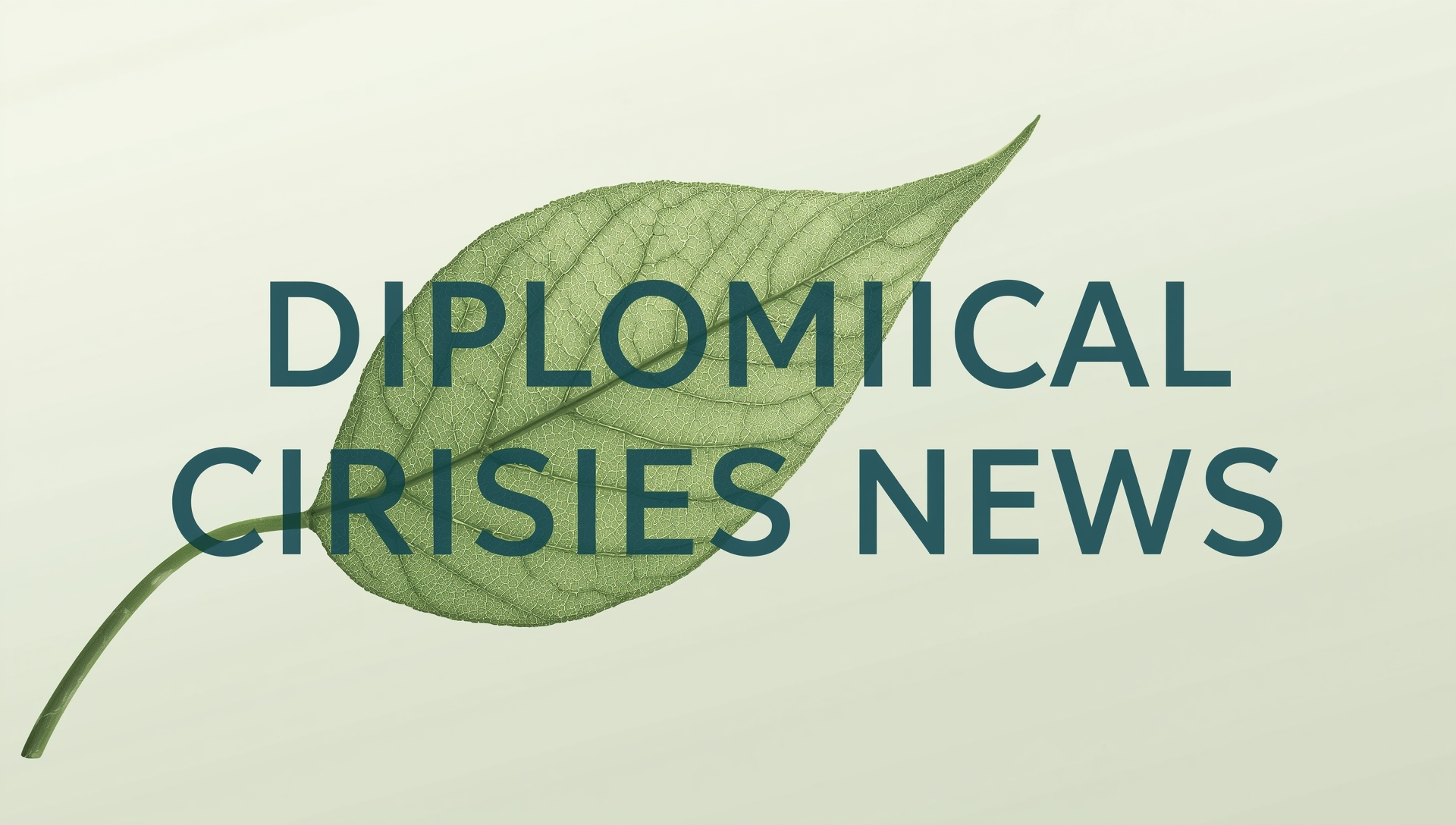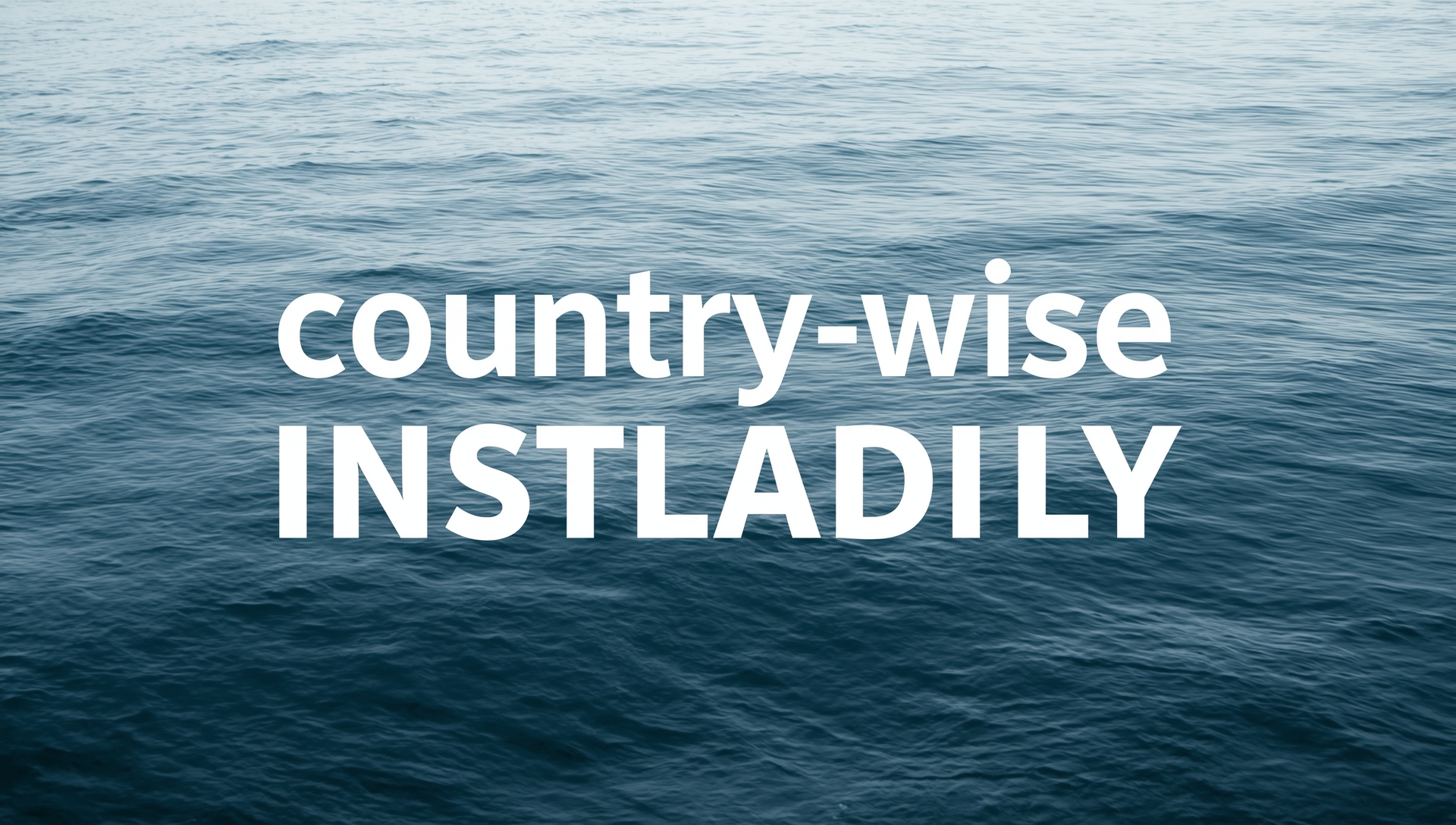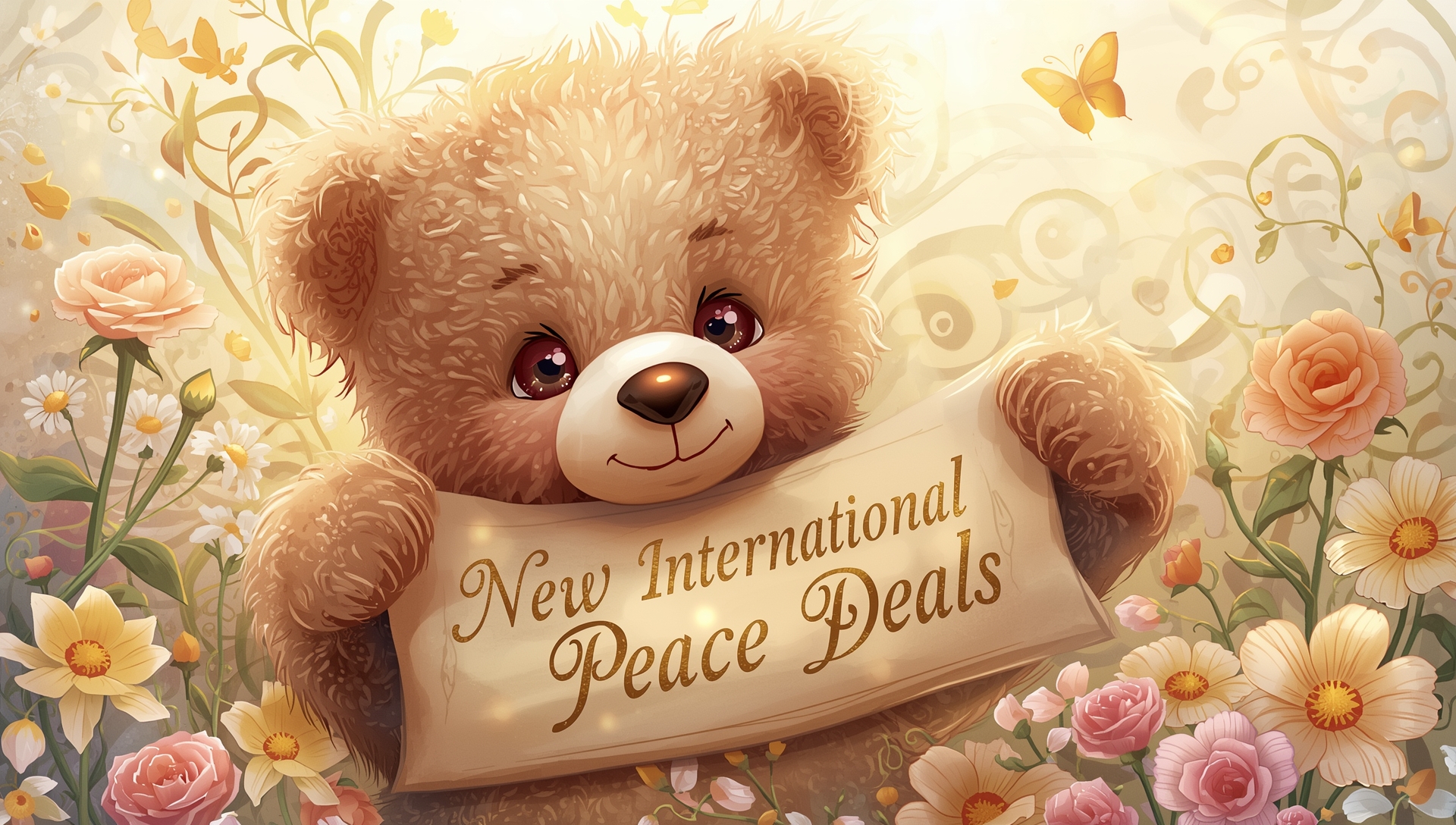Introduction
diplomatic crisis news 2025, the international stage is packed with tense diplomacy, rupture, and ambitious ambitions. From Middle Eastern confrontations to South Asian flashpoints—and even border disputes in Southeast Asia—the world grapples with stark differences and shifting power moves. These crises illustrate how delicate diplomacy remains and the stakes at hand for peace and security.
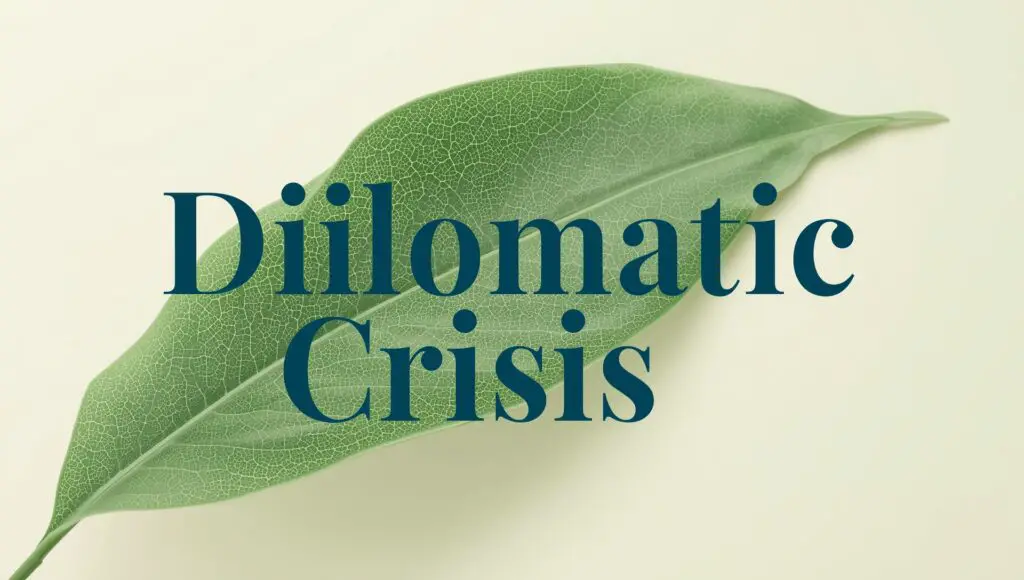
1. Iran’s Existential Crossroads After US–Israeli Strikes
Following a 12-day battle in June punctuated by U.S. and Israeli attacks that damaged Iran’s nuclear infrastructure and claimed key military personnel, Iran’s leadership faces a major policy decision. With the regime pummeled by economic crisis, blackouts, and public dissatisfaction, there is a growing consensus—led by Supreme Leader Khamenei and President Pezeshkian—to resume nuclear diplomacy to secure regime survival. However, U.S. and Israeli warnings remain clear: continued uranium enrichment might attract additional military responses—or sanctions. (Reuters)
2. Israel’s Diplomatic Isolation Deepens
Almost two years after its expanded Gaza campaign, Israel today confronts unprecedented global isolation. Allies like Germany, France, and Canada have openly condemned its conduct, and calls to establish a Palestinian state are growing momentum. Major scientific alliances across the EU are jeopardized, while support among U.S. Democrats and independents has shattered. Yet Prime Minister Netanyahu remains adamant, dismissing criticism as meaningless
3. South Korea Reopens Channels with North
On its 80th liberation anniversary, South Korea’s President Lee Jae Myung committed to restore the 2018 inter-Korean military agreement, hoping to reduce border skirmishes and encourage dialogue. He also extended an olive branch to Japan, appealing for reconciliation ahead of an upcoming summit. Though North Korea remains resistant—deepening relations with Russia—Seoul’s conciliatory tone suggests a potential thaw in regional tension. (AP News)
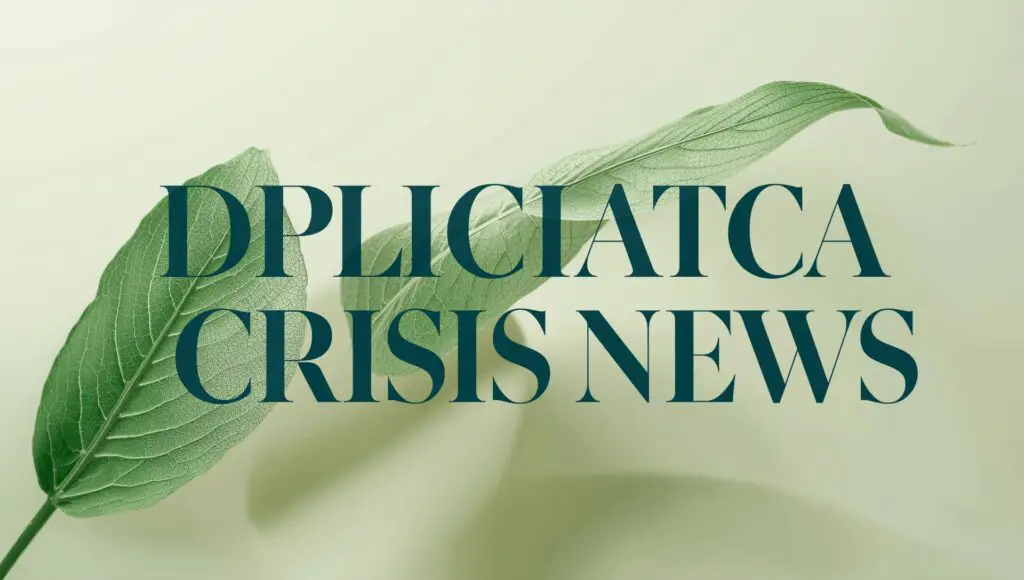
4. U.S.–Russia Summit: Alaska Stage for Ukraine Diplomacy
President Trump is due to meet President Putin in Alaska for the first in-person U.S.–Russia summit since 2015. While Trump considers Putin’s visit a “victory” and hints at concessions—including sanctions relief or resource access—for peace in Ukraine, analysts warn of risks: sidelining Zelenskyy, compromising Ukrainian sovereignty, or legitimizing Putin’s aggressiveness. (The Sun, The Times, The Guardian)
5. Iran’s Nuclear Talks Edge Toward Pressure
European powers—Britain, France, and Germany—have signaled preparedness to unleash the UN’s “snapback” sanctions on Iran unless it reengages in nuclear talks by end of August 2025. Iran’s silence, coupled with its suspension of IAEA cooperation, causes great alarm. Failure to comply might usher in a renewed sanctions system and widespread diplomatic isolation. (AP News, Reuters, Wikipedia)
6. Thailand–Cambodia Border Erupts in Violence
A deadly border clash over disputed territory erupted in July between Thailand and Cambodia. With civilian and military losses escalating, Thailand shuttered border checkpoints, began airstrikes, and diplomatic connections severed—each country expelling the other’s ambassadors. The UN and regional actors have encouraged calm, citing previous map disputes and weak ICJ rulings as underlying factors. (The Guardian)
7. Brazil–U.S. Crisis Over Tariffs & Deportations
Tensions between Brazil and the U.S. intensified substantially in 2025. U.S. taxes on Brazilian goods—initially 10%, subsequently increased to 50%—sparked retaliation and a WTO lawsuit. The situation exacerbated with stories of harsh deportations of Brazilians from the U.S., provoking indignation in São Paulo. Brazil branded the U.S. tactics “blackmail” and carried the case to international forums. ([Wikipedia][11])
8. India–Pakistan Rift Over Water, Terrorism, and Borders
A grave crisis erupted when India suspended the Indus Waters Treaty, blocked the Wagah border, and expelled military diplomats, citing Pakistan’s assistance for cross-border terrorism. India replied with Operation Sindoor, airstrikes on insurgent camps, and unilateral sanctions. Pakistan replied with worldwide diplomatic efforts and narrative campaigns—highlighting its focus on peace, while India navigates international shame. ([Wikipedia] [12], [LEA Watch News] [13], [https://debuglies.com] [14], The New Indian Express, [The Nation] [16])
9. Azerbaijan–Russia Fallout Over Plane Crash and Detentions
A diplomatic crisis grew between Azerbaijan and Russia after ethnic Azeris were arrested in Russia amid an inquiry into a decades-old murder. Two captives died under dubious circumstances. Azerbaijan replied by arresting Russian nationals and shutting a state media outlet. The situation worsened after a Russian system downed an Azerbaijani airliner, leading Baku to initiate formal legal claims. ([Wikipedia][17])
Why These Crises Matter
- Regional Stability at Risk: Conflicts can escalate quickly—potentially into military confrontations.
- Global Alliances Tested: The U.S. summit with Putin, European sanctions on Iran, and Brazil’s dispute with Washington underscore shifting alliances and power.
- Diplomacy Under Pressure: Each crisis underlines fragile trust and the significance of mediation, whether via UN procedures, regional diplomacy, or third-party facilitation.
- Public Perception & Legitimacy: Domestic politics—such as Netanyahu’s uncompromising posture, South Korea’s outreach, or Brazil’s narrative campaign—shape international responses and credibility.
- 2025 diplomatic crises * Iran diplomacy post Israel strikes * Israel global isolation 2025 * South Korea North Korea military pact * Trump Putin summit Alaska 2025 * Iran snapback sanctions threat * Thailand Cambodia border conflict * Brazil US diplomatic crisis 2025 * India Pakistan water treaty crisis * Azerbaijan Russia diplomatic tension
Conclusion
In 2025, diplomacy is being tested across numerous theatres—from warscapes to trade battles. The global community monitors whether these crises offer renewed conversation and de-escalation—or fall deeper into disintegration. As the globe navigates these flashpoints, one thing becomes clear: effective diplomacy remains crucial to preserving global peace and security.
